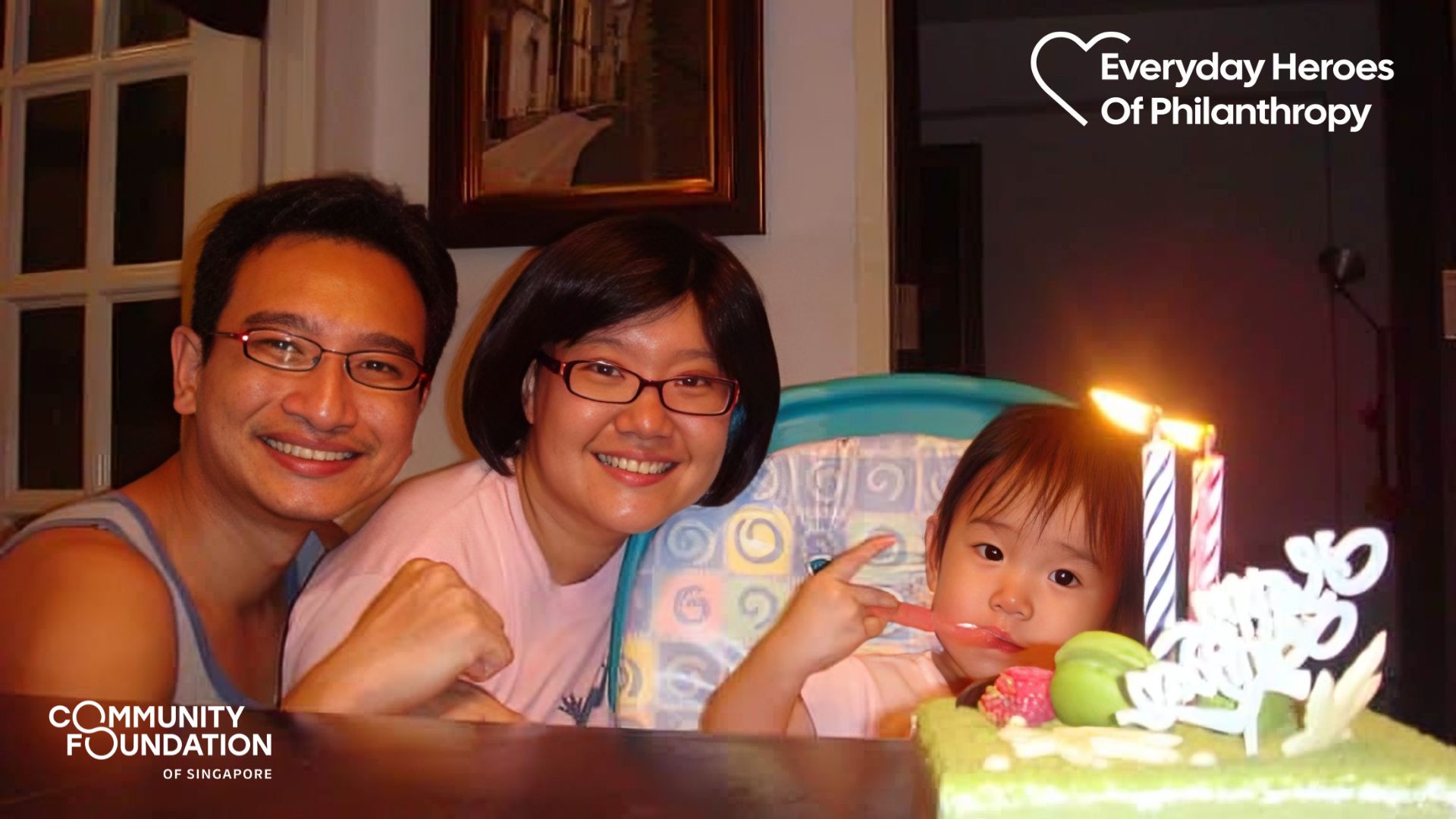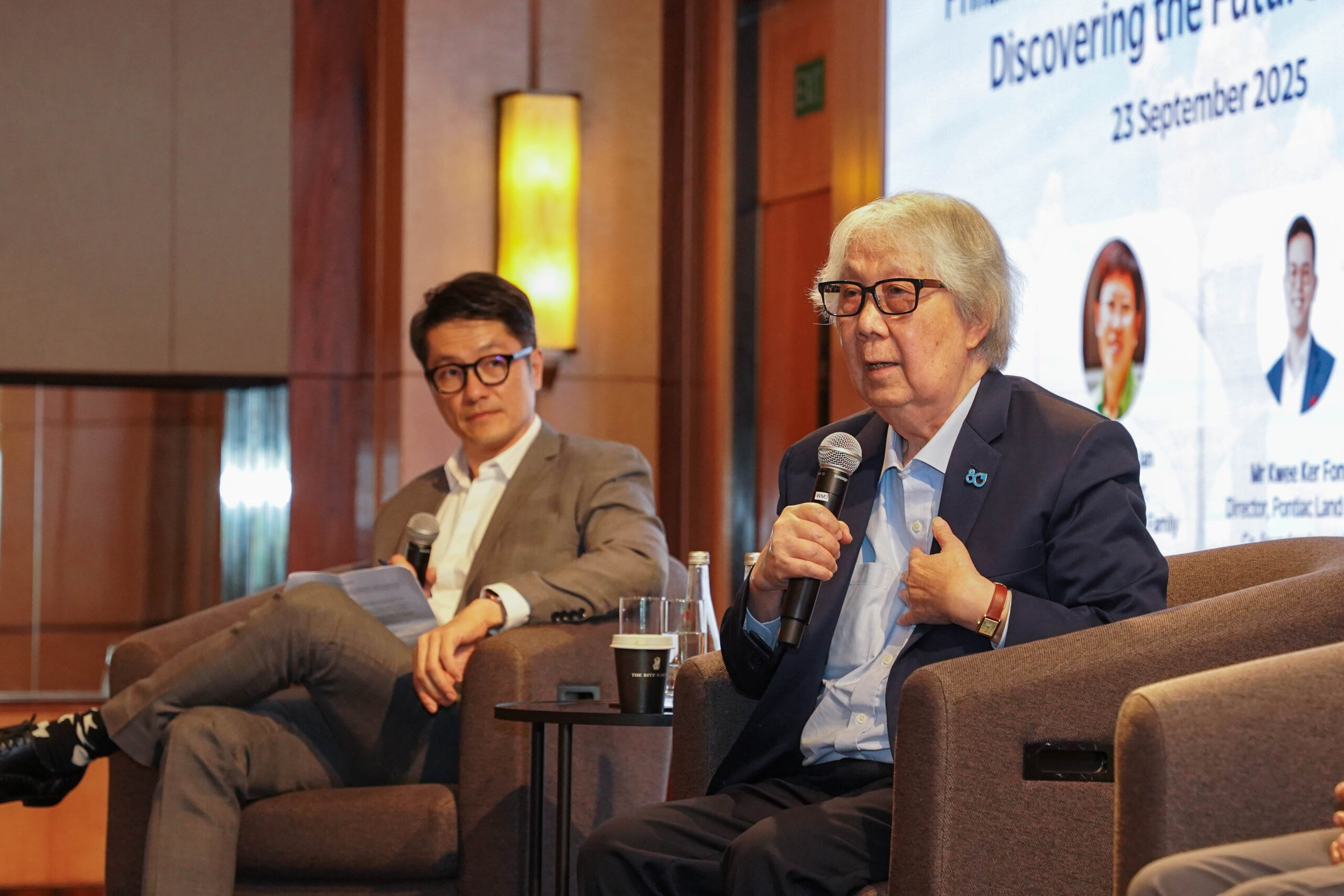Supporting Disadvantaged Students: Assumption Pathway Academy


The Collective for a Stronger Society aims to uplift, enable and empower lower-income families, and one area of focus is education. Assumption Pathway School (APS) offers an alternative route for students who face barriers to completing mainstream secondary school education. As a specialised school, APS offers vocational programmes accredited by ITE, and foundation and character development programmes developed in collaboration with MOE.
Ms Gan Hui Xin’s life took a turn when she enrolled at Assumption Pathway School (APS) in 2016. Her earlier academic performance had been poor, which led to a waning interest in her studies. During her four-year tenure at APS, however, she discovered a new passion and attained an ITE Skills Certificate (ISC) in Hairdressing. Although unable to continue her education at ITE, she remained determined to continue her pursuit of knowledge.
Transitioning to a two-year work-study programme at Assumption Pathway Academy (APA), Hui Xin embraced the opportunity to learn while earning. At age 17, she switched gears, enrolling in a Culinary Skills course. Starting as a Kitchen Assistant at APS’s in-house restaurant, The ART, she embarked on a journey of hands-on learning, balancing three days of on-the-job training with two days of classroom theory.
Hui Xin’s cheerful demeanor and pleasant personality quickly earned her recognition. Within a year, she moved from Kitchen Assistant to Service Crew and even started coaching new students. With newfound skills and confidence, she took on training attachments at The ACT café and ST Engineering office, showcasing her aptitude for independent work and warm customer service.
After she expressed a desire to further her studies, Hui Xin’s Job Coach guided her toward the ITE Nitec traineeship programme where she was able to secure sponsorship from Holiday Inn Singapore Atrium.
Hui Xin is now an employee at the hotel and continues to excel, garnering praise from her managers.
APA is one of the programmes under The Collective for A Stronger Society. To find out how you can participate, fill in the pledge form and indicate your area of interest.
The Collective for a Stronger Society aims to uplift, enable and empower lower-income families, and one area of focus is education. Assumption Pathway School (APS) offers an alternative route for students who face barriers to completing mainstream secondary school education. As a specialised school, APS offers vocational programmes accredited by ITE, and foundation and character development programmes developed in collaboration with MOE.
Ms Gan Hui Xin’s life took a turn when she enrolled at Assumption Pathway School (APS) in 2016. Her earlier academic performance had been poor, which led to a waning interest in her studies. During her four-year tenure at APS, however, she discovered a new passion and attained an ITE Skills Certificate (ISC) in Hairdressing. Although unable to continue her education at ITE, she remained determined to continue her pursuit of knowledge.
Transitioning to a two-year work-study programme at Assumption Pathway Academy (APA), Hui Xin embraced the opportunity to learn while earning. At age 17, she switched gears, enrolling in a Culinary Skills course. Starting as a Kitchen Assistant at APS’s in-house restaurant, The ART, she embarked on a journey of hands-on learning, balancing three days of on-the-job training with two days of classroom theory.
Hui Xin’s cheerful demeanor and pleasant personality quickly earned her recognition. Within a year, she moved from Kitchen Assistant to Service Crew and even started coaching new students. With newfound skills and confidence, she took on training attachments at The ACT café and ST Engineering office, showcasing her aptitude for independent work and warm customer service.
After she expressed a desire to further her studies, Hui Xin’s Job Coach guided her toward the ITE Nitec traineeship programme where she was able to secure sponsorship from Holiday Inn Singapore Atrium.
Hui Xin is now an employee at the hotel and continues to excel, garnering praise from her managers.
APA is one of the programmes under The Collective for A Stronger Society. To find out how you can participate, fill in the pledge form and indicate your area of interest.
- Related Topics For You: ACCESSING QUALITY EDUCATION, CHARITY STORIES, COLLECTIVE FOR A STRONGER SOCIETY (CSS), COLLECTIVES, DONOR STORIES, FAMILIES, IMPROVING EMPLOYABILITY


